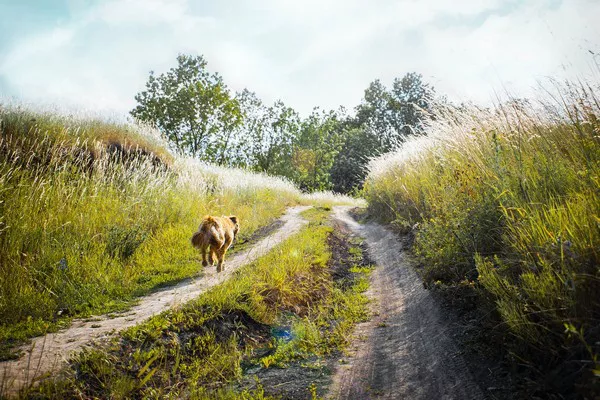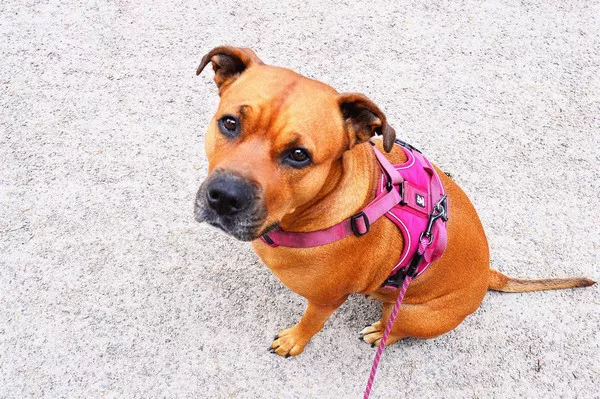Edinburgh Dog and Cat Home, nestled in the heart of the Scottish capital, is currently grappling with an overflow of animals seeking new homes. Tigger, a lovable resident of the shelter, represents just one of the many dogs in need of adoption. The shelter, now brimming to capacity, finds itself constrained to only accommodate emergency cases, painting a stark picture of the unprecedented challenges faced by Chief Executive Lindsay Fyffe-Jardine and her dedicated team.
Despite being inundated with animals, Fyffe-Jardine expresses deep concern over the possibility of further intake requests, given the alarming depletion in donations to the pet food bank. The dire shortage of resources has left the shelter unable to meet the demands of the 86 food banks it serves across Central Scotland, the Lothians, and Fife. This shortfall directly impacts pet owners who, faced with the agonizing choice between their own sustenance and that of their cherished companions, may ultimately be forced to part ways with their beloved pets.
The magnitude of the crisis is evident in the record-breaking volume of daily calls inundating the shelter’s helpline, a trend that surged during the preceding summer and shows no signs of relenting. Fyffe-Jardine elaborates, “People are constantly reaching out, expressing their struggles, and while we endeavor to support them through our food bank initiatives and outreach efforts, our current levels of donations pose a formidable challenge.”
The shelter’s commitment to keeping pets united with their owners remains unwavering, yet the specter of more relinquishments looms ominously. Fyffe-Jardine fears the enduring trauma inflicted upon those compelled to part with their pets, highlighting the profound mental health repercussions. She asserts, “The anguish of witnessing someone relinquish their pet against their will is truly heartbreaking. It’s an experience that leaves an indelible mark, one that no individual easily recovers from.”
The critical shortage of donations has reached such depths that the shelter struggles to adequately supply food banks with the requisite provisions. Fyffe-Jardine laments, “We’re acutely aware that individuals may resort to sacrificing their own sustenance to feed their pets, a heartbreaking reality that underscores the severity of our predicament.”
Established in 2019 in response to reports of individuals seeking non-conventional pet food items from food banks, the pet food bank initiative has been instrumental in alleviating pet-related hardships. However, with escalating demands and dwindling resources, the home finds itself facing an uphill battle. Fyffe-Jardine emphasizes, “Our efforts to sustain the food banks and uphold our outreach endeavors are increasingly strained. We’re witnessing historically low levels of donations, exacerbating the plight of countless pet owners in need.”
The shelter currently accommodates over 60 dogs and 20 cats, operating at maximum capacity. Fyffe-Jardine acknowledges the prevailing economic uncertainties, which have rendered pet ownership increasingly unattainable for many. She notes, “The rising costs of essentials have destabilized individuals who previously enjoyed stability, making pet ownership a luxury few can afford.”
The financial burdens associated with caring for larger animals further compound the challenge, with prospective adopters exhibiting apprehension over the ensuing expenses. Fyffe-Jardine underscores the plight of these larger breeds, lamenting the reluctance of potential adopters to embrace them.
For those unable to adopt directly from the shelter, alternative avenues of support are available, including financial contributions through direct debits, one-time donations, or contributions of pet food at designated donation stations in supermarkets. Fyffe-Jardine emphasizes, “Every ounce of support is invaluable in ensuring our ability to meet our financial obligations and sustain our vital food bank operations.”
As Edinburgh Dog and Cat Home navigates these turbulent waters, the collective efforts of the community are indispensable in safeguarding the welfare of both pets and their owners.





















